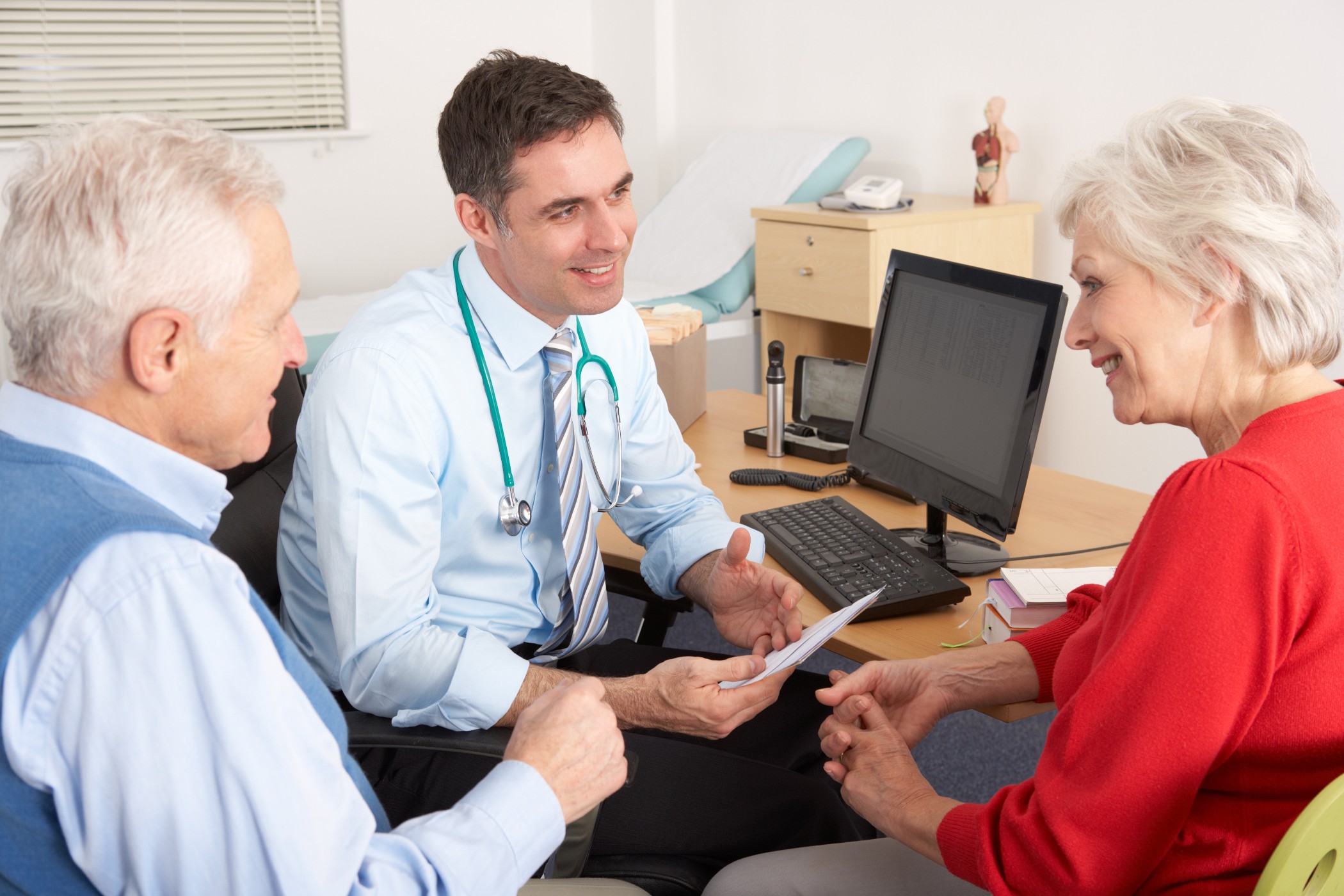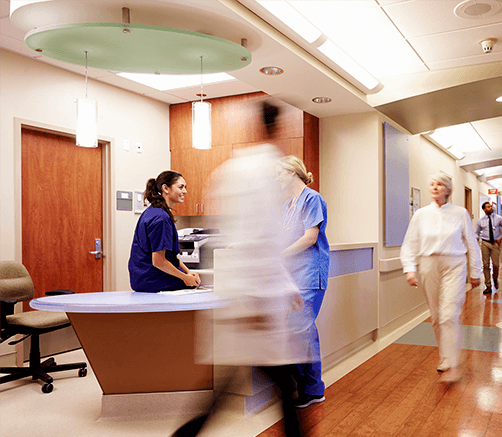Herefordshire and Worcestershire has a total of 80 GP practices. These practices have joined together into Primary Care Networks which consist of groups of general practices working together with a range of local providers, including across primary care, community services, social care and the voluntary sector, to offer more personalised, coordinated health and social care to their local populations.
Networks are based around populations of 30,000 to 50,000.
General Practice Teams
Your GP surgery is made up of a variety of clinicians and professionals who can help you access the treatment you need.
Care Navigators working in practice reception teams are trained to know what’s available to you at your surgery and in your area.
They’ll ask you about your health problem, and book you an appointment with the right professional or service.
Clinical Pharmacists are experts in medicines. They support those with conditions like asthma, diabetes and high blood pressure or anyone taking multiple medicines.
They work with GPs, pharmacies and hospitals to ensure that medicine services are joined up, and many can also prescribe medicines.
Physiotherapists in general practice are experts in musculoskeletal conditions.
They are able to assess, diagnose and treat a range of complex muscle and joint conditions to prevent you from having to go to hospital.
They can arrange access to further treatment, investigations and specialists when needed.
Paramedics are used to working with people with a variety of health conditions from coughs and minor injuries to more serious conditions such as asthma and heart attacks.
They work alongside GPs and help manage routine or urgent appointments, telephone triage (assessment of urgency of illness or injury) and home visits.
Physician Associates are trained and qualified to diagnose and treat a wide range of health conditions.
They work alongside GPs to provide care to people, particularly those with long-term conditions who often benefit from being able to see the same healthcare professional.
Mental health practitioners in General Practice specialise in mental health and use a range of talking therapies to help people with common mental health conditions such as anxiety, depression or post-traumatic stress disorder.
Referral to a mental health practitioner can take place via your GP, or through the Healthy Minds self-referral service.
Social prescribing involves helping people to improve their health and wellbeing by connecting them to activities in the community.
Link Workers connect those feeling lonely, overwhelmed or in need of help to a range of local support, from community and activity groups to work, debt or housing advice.
Health Care Assistants work under the guidance of a nurse or another healthcare professional.
They help with routine health checks such as blood testing and blood pressure monitoring, dressings and stitch removal – as well as providing patients with general health and wellbeing advice.
Nurses undertake a range of roles and are involved in almost all aspects of a patient’s care.
As well as providing services such as wound care, immunisations and administration of medicines, they run health checks and clinics for those with long-term conditions such as asthma, heart disease and diabetes.
Advanced Clinical Practitioners come from a range of clinical backgrounds such as nursing, pharmacy, physiotherapy and paramedics.
They have the knowledge and skills to manage all aspects of patient care—including diagnosing and treating health conditions, ordering tests and interpreting results, and prescribing medication.
GPs oversee all aspects of patient care. They meet regularly with other members of the practice team to plan joint approaches to coordinate a patient’s care.
All other members of the practice team work under the supervision of a GP.
They can help with diagnosing and treating health conditions, prescribing medications, and referring you for other treatment if you need it.




